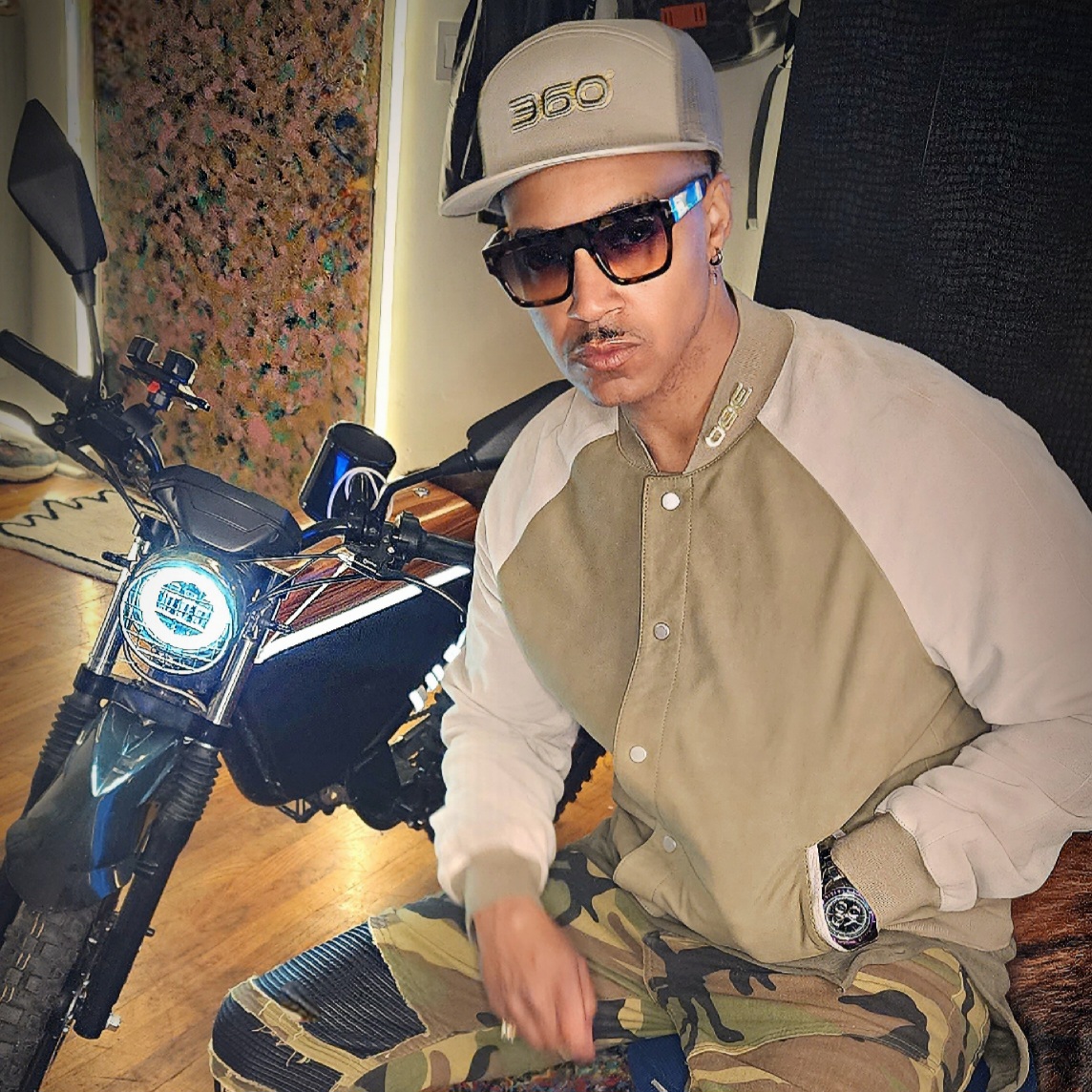here’s how
AI has been a contentious topic for years. Ever since the introduction of OpenAI’s ChatGPT, followed by a string of equally buzzing generative tools, controversy has been rife in the art circle. Many artists denounce the pervasive use of artificial intelligence, claiming that AI results in the opposite of art. Others wield the technology to break new ground. For better or worse, there is no escaping the AI conversation. But how exactly is the technology transforming art? Let’s look at three distinct art forms that have been hit by the AI revolution.
AI in visual arts: to be or not to be art
Artists and creatives used to be adamant AI would never threaten their position as beacons of imagination and artistry. Recent times have shattered these optimistic beliefs. The emergence of crypto art, fusing blockchain technology and digital art, was perhaps the first harbinger of things to come. Record-breaking sales of entirely virtual non-fungible tokens turned the art world upside down until the NFT hype receded, proving to be yet another speculative bubble. Yet, AI-generated art seems another breed entirely. In 2022, an annual art competition held in Colorado left countless artists raging against the machine as an AI artwork generated on https://www.midjourney.com/ took an art prize home.
The rise of equally accessible tools such as Stable Diffusion triggered a crisis of faith among human artists nervous about what their futures would entail with such all-powerful challengers in the picture. Adding insult to injury, and verging on the illegal, much of AI-generated art stems from existing art pieces uploaded to the internet – which ultimately enhance the work of their algorithmic competitors. The far-reaching ramifications of AI image generation extend to many more artistic departments, from children’s books to sculptures designed by engineering companies. Still, many artists hold on to the profound conviction that art is as much about the creative process as the final piece. But there is no denying the complex ethical questions surrounding artificial intelligence need addressing.
Artificial intelligence in music: fake tracks and AI clones
AI has been shaking the music industry lately. Mimicking the voices of global superstars like Rihanna and Bad Bunny, unofficial collaborative tracks went viral. A fake featuring between Drake and The Weeknd was even submitted for Grammy consideration. Despite not reacting publicly, the Canadian heavyweight disclosed a Mike Dean-produced track called “Artificial Intelligence” shortly after, whose lyrics leave him at “war with false intelligence.” The Recording Academy subsequently updated its protocol and clarified its stance by rendering AI tracks eligible conditionally upon a meaningful human authorship component.
Leading record labels were not as lenient, with Universal Music calling on a crackdown on AI-powered tunes. Urging streaming services to pull out unauthorized tracks from their library, the publisher also advocated for stronger regulations to block AI tools from unlawfully training on the melodies of copyrighted songs. That said, AI experimentation isn’t wholly off-limits in the industry. Machine-learning-enabled apps have been helping musicians clean up their mixing – and streamline the overall production process. Meanwhile, big players like https://www.spotify.com/ have put AI-generated playlists to the test.
AI in gaming: a solid match
No other industry is quite as enthusiastic about artificial intelligence as the gaming sphere. Publishers and developers have long been working on AI frameworks to step up their game. For instance, Ubisoft unveiled a Ghostwriter tool seeking to create increasingly realistic and interactive NPC dialogue. Contrarian voices quickly expressed concern over the potential blandness of such a computer-generated approach. The generative AI revolution is already in motion, however, pioneering ever-so-immersive open worlds and responsive characters.
Online games have also been toying with artificial intelligence, with the iGaming industry leveraging the burgeoning technology to improve cybersecurity and counter fraud. Not all platforms are equally safe, though. Hence, prospective players can visit websites like https://casinobonusca.com/ to find trustworthy contenders for a fun and secure gaming session. Experts factor in various decision-making criteria like deposit limits and game selection to publish a curated list of reliable casinos online. Advanced tools and filters make it easy to compare different promotions, from free spins to cashback deals. Besides, users can inform themselves on the pros and cons of hundreds of casino offers in detail.
Final Words
Artificial intelligence definitely broke out into the mainstream in 2023, forever changing the very definition of art. While stricter regulations are bound to limit AI use to an extent, artists and content creators must still account for this new parameter to survive – and thrive.
Word count: 749






